Introduction:
The proper disposal of hazardous waste is a critical concern for both businesses and households, bearing significant implications for environmental health and safety. Utilising skip hire services, such as those provided by Surbiton Skip Hire, for managing hazardous waste presents a practical solution, aligning with legal and environmental standards. This approach not only facilitates the safe and efficient disposal of hazardous materials but also underscores the importance of adhering to regulatory requirements and ethical practices in waste management.
1. Identifying Hazardous Waste
Types of Hazardous Waste in Businesses and Homes
Hazardous waste encompasses a wide range of materials that pose risks to the environment and human health. In both business and domestic settings, these can include chemicals, batteries, electronics, and certain types of paints and oils. Understanding the legal definitions and classifications of hazardous waste is fundamental to managing these materials responsibly. Awareness of what constitutes hazardous waste is the first step in ensuring proper disposal and compliance with regulations.
2. Risks Associated with Improper Disposal
Environmental Impact
The improper disposal of hazardous waste can lead to significant environmental degradation, contaminating soil, water, and air. Such pollution not only harms wildlife and ecosystems but also poses long-term threats to human health and safety. Ensuring the safe disposal of hazardous materials mitigates these risks. It contributes to the preservation of natural resources.
Health and Safety Risks
Beyond environmental concerns, the improper handling and disposal of hazardous waste present substantial health and safety risks. Exposure to hazardous materials can lead to serious health conditions, including respiratory problems, skin irritations, and even more severe long-term diseases. Establishing and following safe disposal practices are essential to protecting public health and safety.
3. Planning for Hazardous Waste Disposal
Assessing Your Hazardous Waste Disposal Needs
Effective disposal begins with a thorough assessment of your hazardous waste needs. This involves identifying the types and quantities of hazardous waste generated and determining the most appropriate methods for their disposal. Selecting the right skip size and type is crucial in this process, as it ensures that waste is managed efficiently and in compliance with legal standards.
4. Choosing the Right Skip Hire Service
Criteria for Selecting a Skip Hire Company
When selecting a skip hire service for hazardous waste disposal, it’s important to choose a company that specialises in handling hazardous materials, like Surbiton Skip Hire. The chosen company should have the proper certifications and experience in hazardous waste management, offering services that include safe collection, transportation, and disposal of hazardous waste.
5. Skip Hire Process for Hazardous Waste
Booking and Delivery of Skips
The skip hire process for hazardous waste involves specific considerations, including scheduling and the placement of skips. It’s essential to plan for the timely delivery and placement of skips, ensuring they are accessible for loading yet secure from unauthorised access. Proper planning prevents delays and ensures the skip is used effectively.
6. Loading Techniques for Hazardous Waste
Safe Loading Practices
Loading hazardous waste into skips requires adherence to safe practices to avoid contamination and spillage. This includes using appropriate protective equipment and materials for containment, as well as following guidelines for segregating different types of hazardous waste. Such precautions prevent accidents and ensure the waste is transported safely.
7. Collection and Transportation
Secure Transportation Measures
Once loaded, hazardous waste must be transported and disposed of in accordance with legal and environmental regulations. Skip hire services specialising in hazardous waste, like Surbiton Skip Hire, employ secure transportation measures, including the use of specially designed skips and vehicles. Tracking and documentation are also crucial elements of this process, ensuring that waste is handled responsibly from start to finish.
8. Additional Safety Measures
Training and Awareness for Handling Hazardous Waste
Ensuring safety in hazardous waste disposal extends beyond the physical handling and transportation of materials. It requires comprehensive training and awareness for all employees involved in the process. This training should cover the correct handling procedures, emergency response, and the importance of compliance with legal standards. Creating a culture of safety and compliance within an organisation is vital for the effective management of hazardous waste.
9. Emergency Preparedness and Response
Developing an Emergency Response Plan
Part of managing hazardous waste responsibly includes being prepared for potential emergencies. This involves developing an emergency response plan that outlines procedures for dealing with spills, leaks, and other incidents. Having the right equipment and tools readily available and ensuring that employees are trained in their use is critical for a swift and effective response to any hazardous waste emergency.
Summary
In summary, the disposal of hazardous waste using skip hire involves a series of essential steps, from identifying and assessing the waste to selecting the right service and following safe handling and transportation practices. Surbiton Skip Hire offers specialised services that meet the complex needs of hazardous waste disposal, emphasising the importance of compliance, safety, and environmental responsibility. By adhering to these guidelines, businesses and households can contribute to a safer and more sustainable environment, effectively managing the risks associated with hazardous waste.
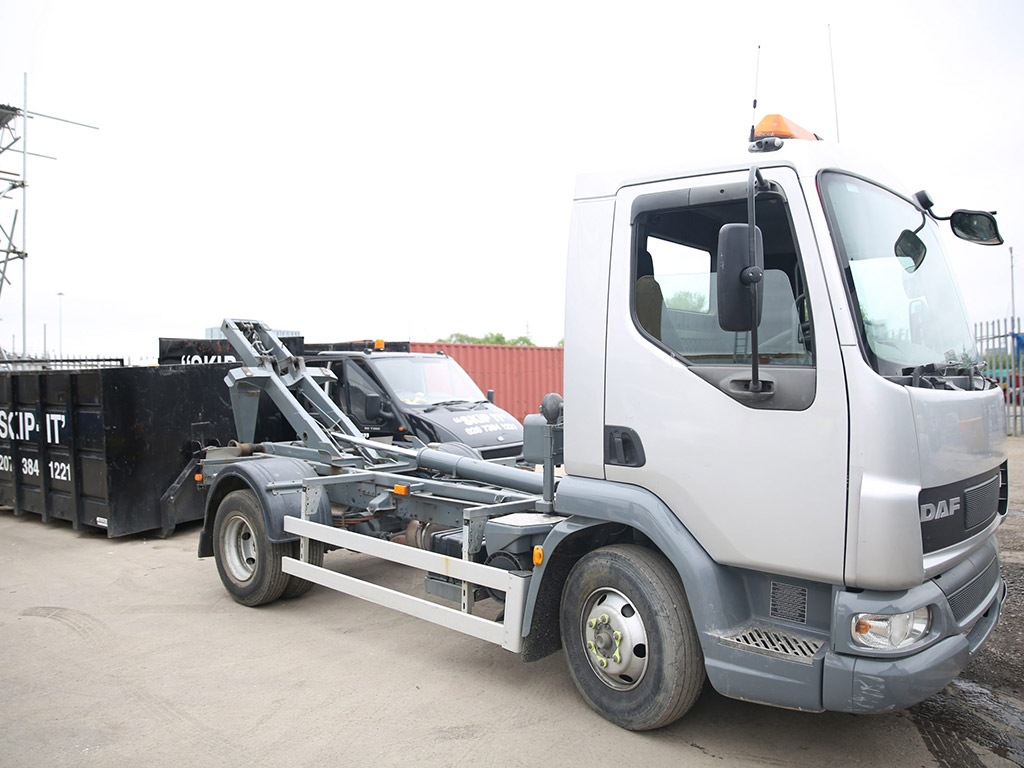
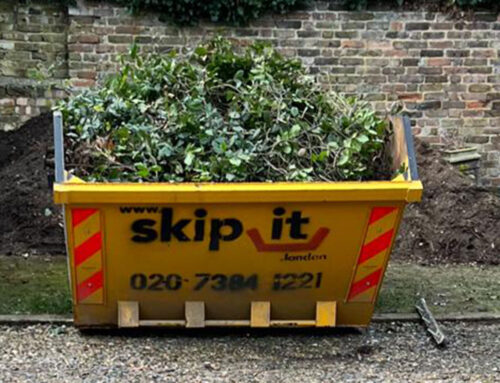
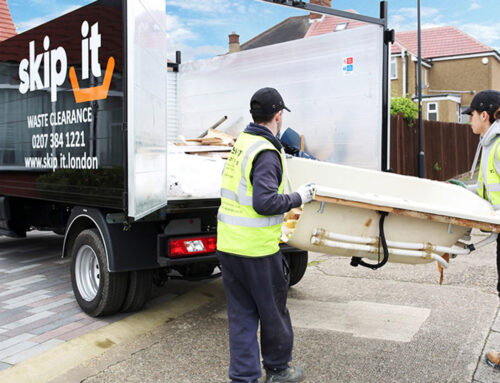
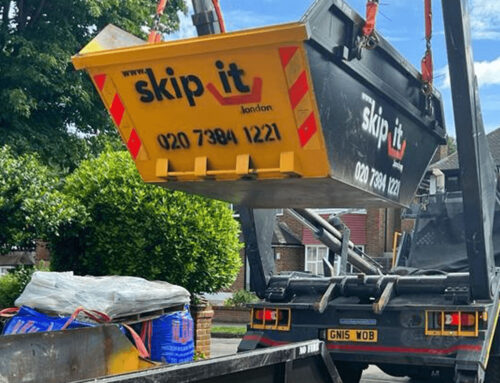
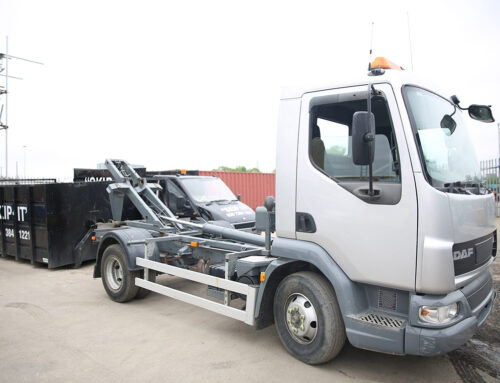
Leave A Comment